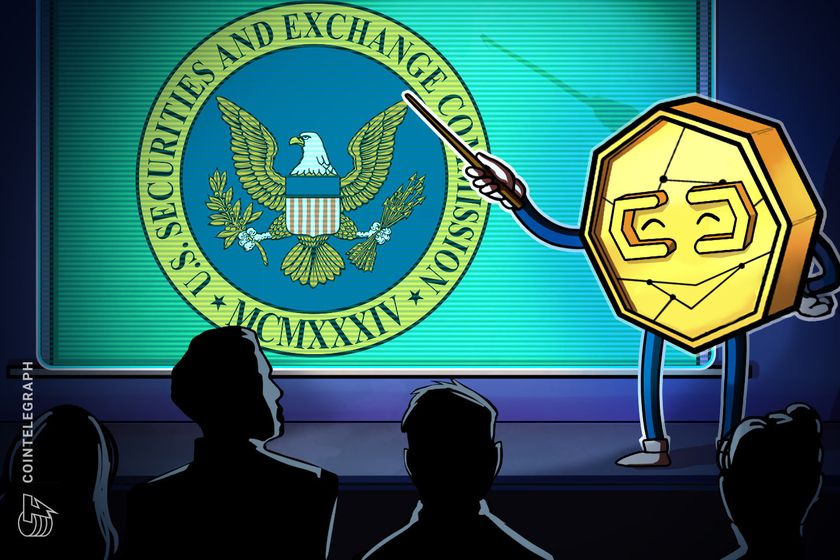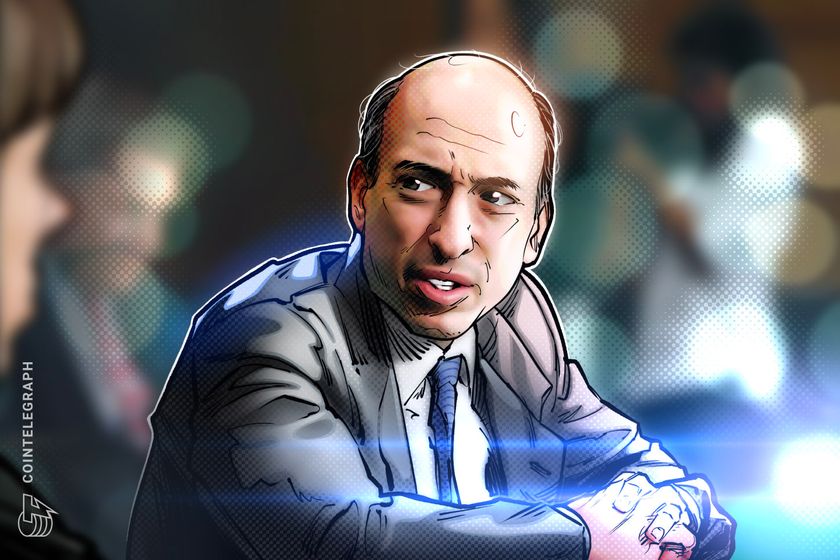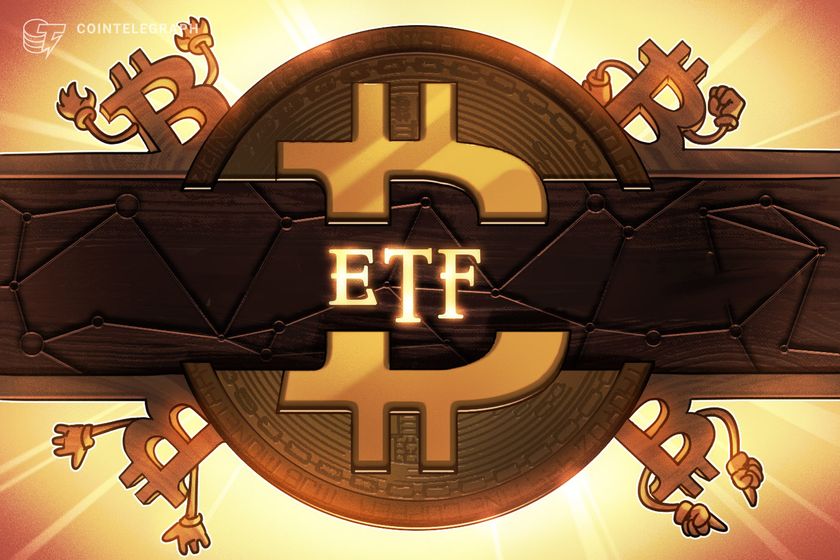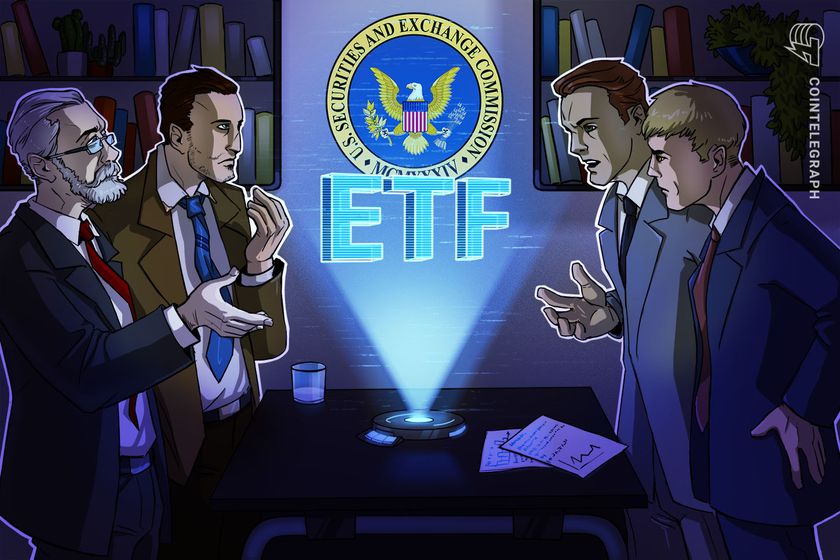Coinbase appeals SEC rulemaking petition denial as promised


Coinbase filed an appeal the same day its petition for a rulemaking on crypto used as a security was denied.
Coinbase is continuing its efforts to ensure adequate legislation on cryptocurrency used as securities. After the United States Securities and Exchange Commission denied Coinbase’s petition for rulemaking on cryptocurrency on Dec. 15, the crypto exchange appealed the decision on the same day.
Coinbase chief legal officer Paul Grewal promised immediate action as soon as the SEC’s denial became known. On Dec. 18, the U.S. Third District Court of Appeals ordered the SEC to file the record of its decision by Jan. 24, 2024.
In its appeal, Coinbase documented the lengthy process that was necessary to compel the SEC to respond to its petition. It called the SEC’s denial of its petition “arbitrary and capricious, an abuse of discretion, and contrary to law, in violation of the Administrative Procedure Act.” In addition:



















